The medical industry has used titanium in surgical and dental equipment since the 1940s. Today, it can be found in a wide array of biomedical implants such as pacemakers, eye implants, and hearing aids.
Titanium possesses a unique ability to bind with bone and living tissue, making it an ideal material for orthopedic implants such as knee and hip replacements. Because of its strength and increased resistance to corrosion, it is well-suited to many other medical instruments, as well.
Grades of Medical Titanium
Titanium is available in four different pure titanium grades and as many as 25 different alloys. Below is a sample of the kinds of titanium used in healthcare today:
Pure Titanium
The four grades of pure titanium are numbered 1-4, with 1 being the softest and 4 being the strongest. Grades 1, 2, and 4 are most commonly found in modern medical devices. Each is distinguished by its degree of formability and ductility.- Grade 1
Grade 1 titanium consists of pure, unalloyed titanium. It is prized in healthcare for its excellent formability, increased resistance to corrosion, and resilience against impact. - Grade 2
Grade 2 titanium is an unalloyed form of titanium with greater strength than Grade 1. - Grade 4
Grade 4 titanium is another form of unalloyed titanium. Like Grades 1 and 2, it offers enhanced resistance to corrosion, great formability, and high strength.
- Grade 1
- Grade 5
Grade 5 titanium is an alloy made with 6% aluminum and 4% vanadium. Since it offers superior fracture resistance, it is the most common material used in dental implants. - Grade 7
Grade 7 titanium consists of titanium alloyed with 0.12% to 0.25% palladium. It is more resistant to corrosion than any other titanium alloy. - Grade 9
Grade 9 titanium is an alloy made with 3% aluminum and 2.5% vanadium. It is particularly known for its great mechanical strength. - Grade 11
Grade 11 contains unalloyed titanium as well as 0.12% to 0.25% palladium, much like Grade 7 titanium. It shares many properties with Grade 1 titanium, but it offers superior resistance to corrosion. - Grade 23
Grade 23 titanium is an alloy made with 6% aluminum and 4% vanadium that features extra low interstitial elements. Like Grade 5 titanium, it is also a common choice for dental implants.
Positive Characteristics of Medical Titanium for Biomedical Implants
Titanium has many characteristics that make it the ideal metal for medical applications. Its advantages include:
- Durability
Medical implants made from titanium alloys routinely last 20 or more years inside the human body. - Higher strength-to-weight ratio
Titanium is stronger and lighter than stainless steel, which largely accounts for its widespread use in surgical implants. - Non-ferromagnetic property
Because it isn’t magnetic, medical titanium doesn’t interfere with magnetic resonance imaging (MRI) machines. Because of this property, patients with titanium implants can still safely undergo MRI examinations. - Biocompatibility
Unlike other metals, medical titanium can remain in constant contact with living tissue without adversely affecting it. - Biointerfacing
Titanium implants have an engineered biointerface with biomimetic motifs that increase cell contact area by as much as 75%, enhancing the cell’s binding properties. As a result, their use further reduces the chance of implant rejection. - Osseointegration
Medical titanium implants can physically bond with natural bone, eliminating the need for adhesives.
Titanium Implantable Medical Devices
The strength to weight ratio, hermeticity, biocompatibility and light weight makes titanium the best choice for implantable medical devices. Examples of components made for implantable medical devices at Hudson Technologies include:
- Defibrillators
- Pacemakers
- Drug Pumps
- Bone Growth Stimulators
- Battery Components
- LVAD (Left Ventrical Assist Devices
- Neurostimulation Devices
As a leading manufacturer of precision engineered metal components for implantable medical devices, Hudson Technologies offers customized solutions for a wide range of applications. At every stage of the manufacturing process, we work closely with you to ensure that the finished product reflects your concept. Regardless of your needs, we can design a solution that helps you provide your patients with the best care possible.
To find out more about how Hudson Technologies can meet your titanium needs, request a quote from our website today.






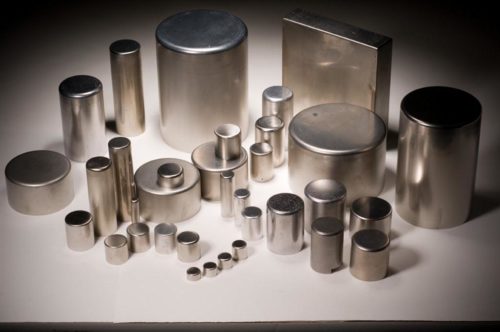 Pure Titanium
Pure Titanium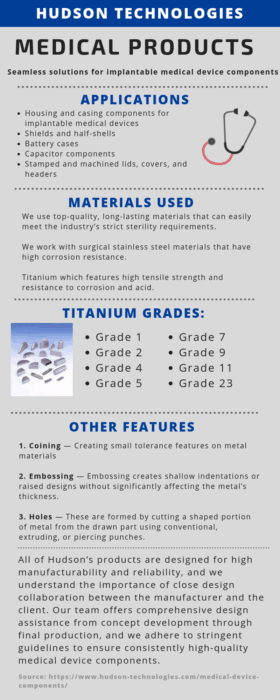
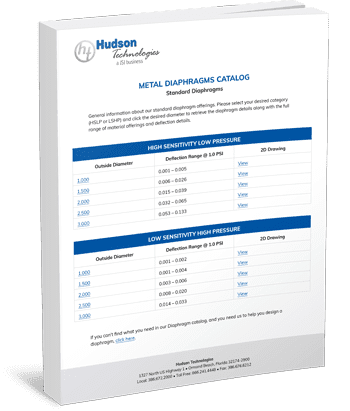

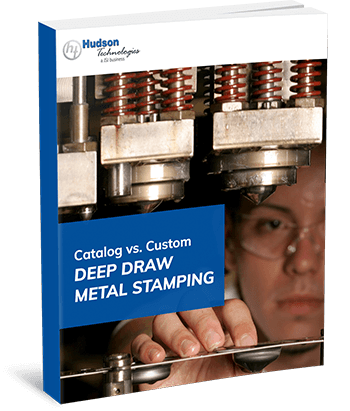
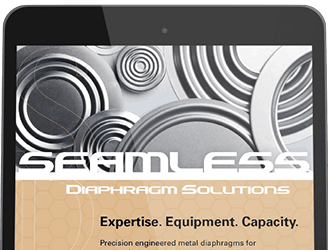

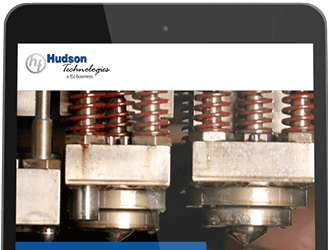






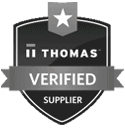

Leave a Reply